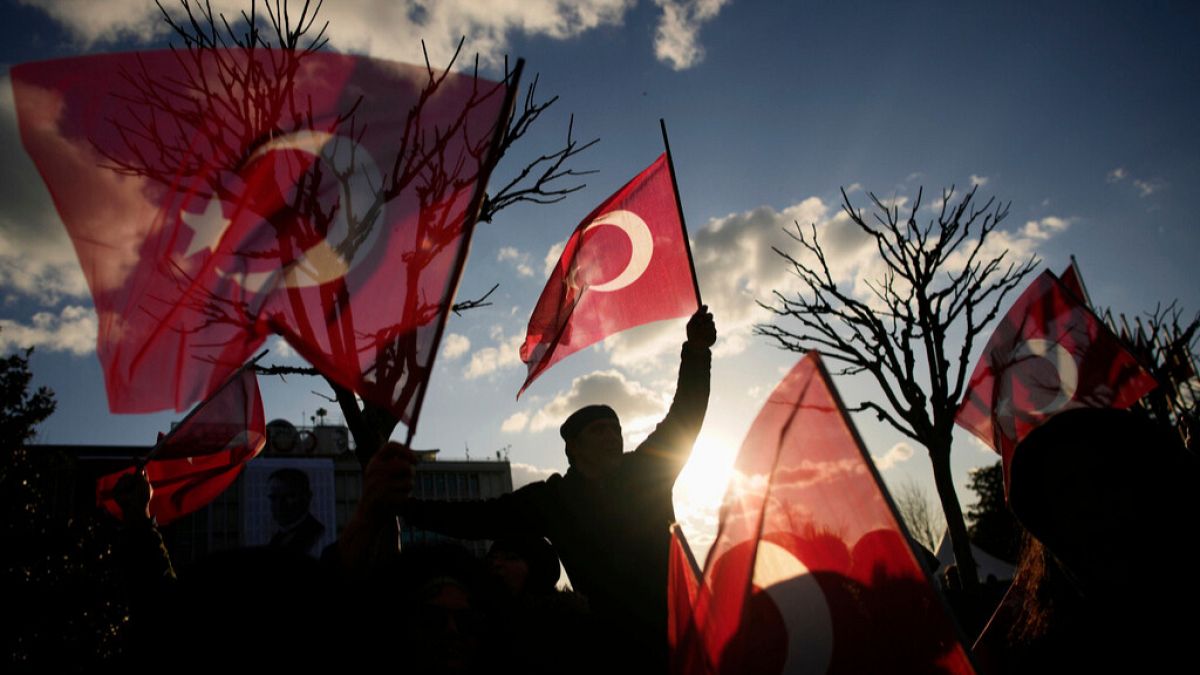The Budapest Pride is a EU case, von der Leyen attacks

Brussels (ANSA) – Just a handful of hours before it begins, the Budapest Pride has become a European case. On Wednesday evening, on the eve of the summit of the 27, it was the President of the European Commission Ursula von der Leyen who abandoned her proverbial caution. In a video posted on X, she officially requested that Hungary “allow Pride without sanctions.”
The Hungarian Prime Minister, Viktor Orban, as per the script, responded in kind. “Brussels should refrain from issues it has no role in and focus on more urgent challenges,” he wrote on X. But the spotlight on the march has now been turned on. The Pride, despite the ban imposed in recent days by the Hungarian government, will take place anyway.
The scheme was devised by the Mayor of Budapest, Gergely Karácsony, an eternal enemy of the Prime Minister, who circumvented the ban by organizing the pride march as a city event. So far, the operation has been successful: around 35,000 participants are expected at the Budapest Pride, a rainbow tide never seen at these latitudes.
A tide swollen by many – activists, politicians, citizens – who are pouring into the Hungarian capital from all over Europe to deliver a clear message to the nationalist leader: LGBTQI+ rights and the right to peacefully demonstrate are untouchable. The spokesperson for Europe will be the Commissioner for Equality, Hadja Lahbib, along with about seventy MEPs from various political parties.
The group leaders of the Socialists, Greens, and Liberals in the European Parliament will be present. The secretary of the Democratic Party Elly Schlein will also be there. But support for Pride has also come from the Foreign Minister Antonio Tajani: “The manifestation of one’s ideas – he stated – is the salt of democracy.”
In recent days, the government has sent a message to European chancelleries that borders on intimidation: the Budapest Pride, it reminded, is an illegal event for which one risks up to a year in prison. (June 26).













































